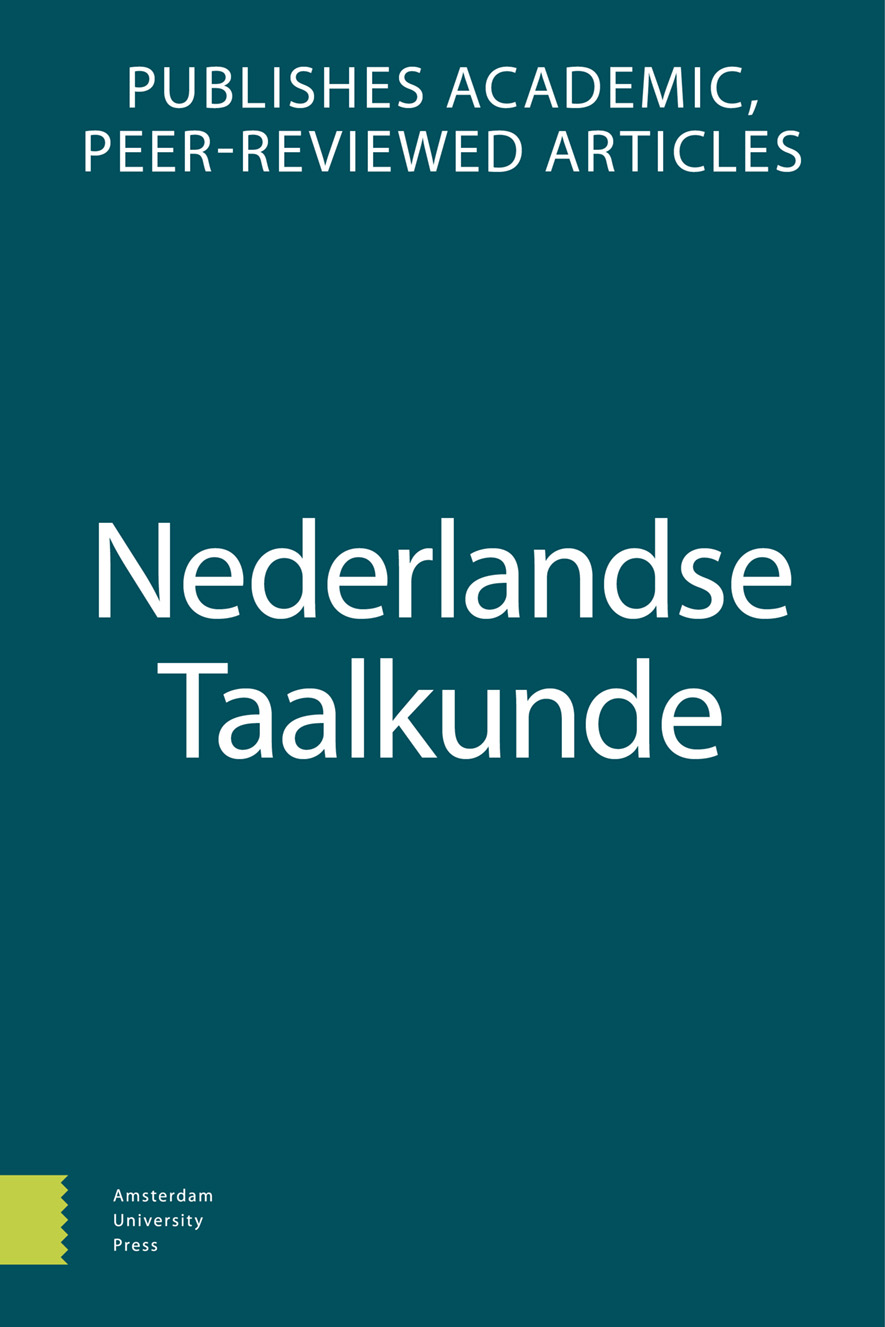-
oa De modaliteit van temporaliteit
- Amsterdam University Press
- Source: Nederlandse Taalkunde, Volume 18, Issue 3, Jan 2013, p. 324 - 338
Abstract
This contribution discusses three problems with the analysis of Dutch zullen (‘will’/’shall’) proposed by Verkuyl & Broekhuis. First, they do not distinguish systematically between instances in which the finite form is constituted by the main verb and instances in which the finite form is an auxiliary such as zullen; the semantics they assume for PRES is too vague to capture the interpretation of tensed forms, especially that of epistemic modals. Second, both diachronic and synchronic evidence suggests that there cannot be an absolute distinction between the temporal and the modal reading of zullen. Third, tense itself may also be used to convey modality. This is particularly clear for the past tense of zullen and it cannot be captured by a temporal definition of PAST.


